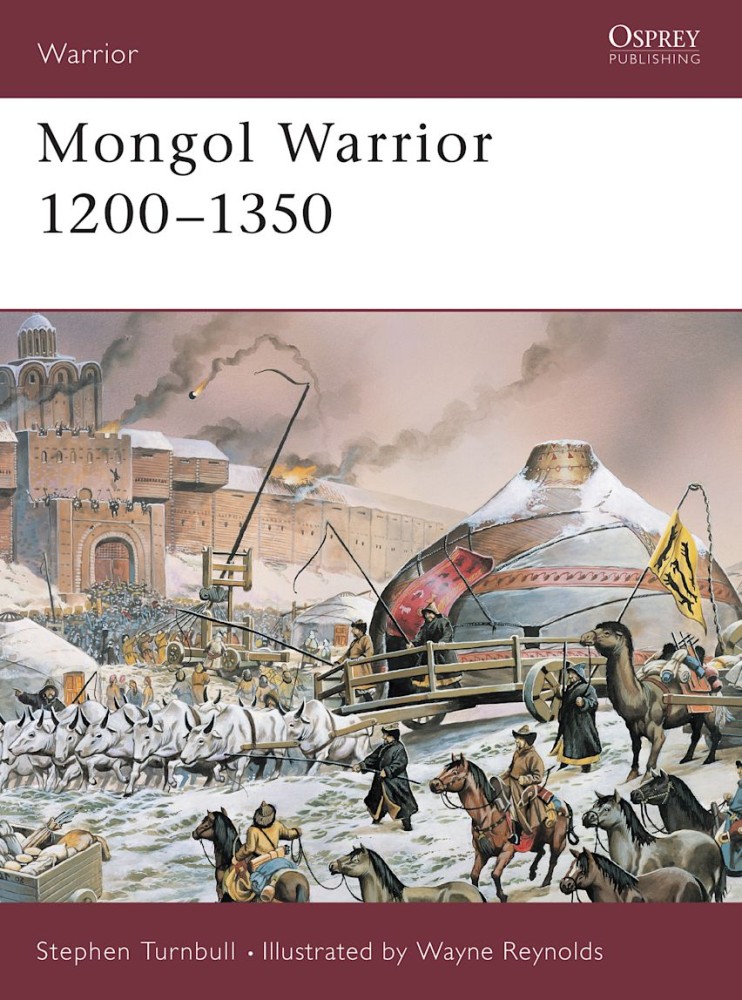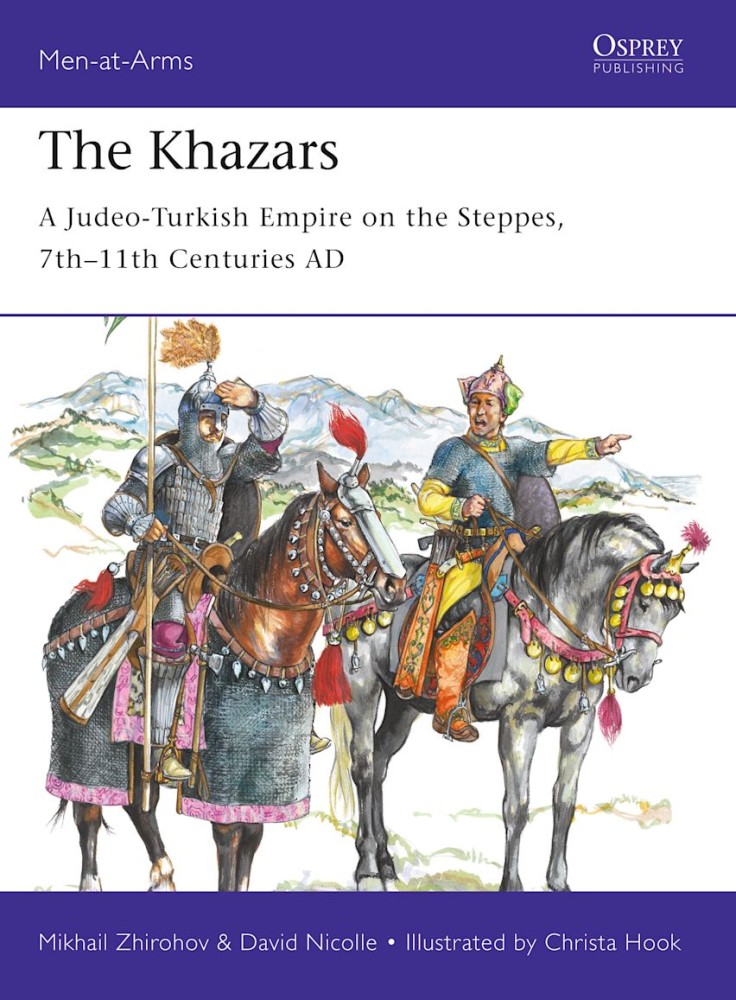The Mongol warriors are one of the great success stories of world military history. Under the leadership of Genghis Khan and his successors the Mongols conquered much of the known world, fighting in territory ranging from the frozen steppes, the wilderness of Palestine, the jungles of Java and the great rivers of China. Through all this they showed a remarkable ability to adopt, adapt and improve a vast range of military techniques and technology, from siege weapons to naval warfare. This book tells the story of this remarkable military organisation, including details of weaponry, tactics, training and beliefs.
The Khazars were one of the most important Turkic peoples in European history, dominating vast areas of southeastern Europe and the western reaches of the Central Asian steppes from the 4th to the 11th centuries AD. They were also unique in that their aristocratic and military elites converted to Judaism, creating what would be territorially the largest Jewish-ruled state in world history. They became significant allies of the Byzantine Empire, blocking the advance of Islam north of the Caucasus Mountains for several hundred years.
For the British Empire it was a military disaster, but for Imperial Japan the conquest of Malaya was one of the pivotal campaigns of World War II. Giving birth to the myth of the Imperial Japanese Army's invincibility, the victory left both Burma and India open to invasion. Although heavily outnumbered, the Japanese Army fought fiercely to overcome the inept and shambolic defence offered by the British and Commonwealth forces.
Detailed analysis of the conflict, combined with a heavy focus on the significance of the aerial campaign, help tell the fascinating story of the Japanese victory, from the initial landings in Thailand and Malaya through to the destruction of the Royal Navy's Force Z and the final fall of Singapore itself.



